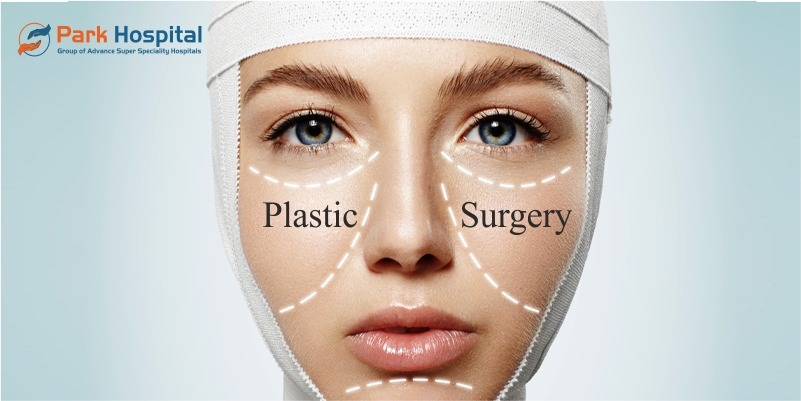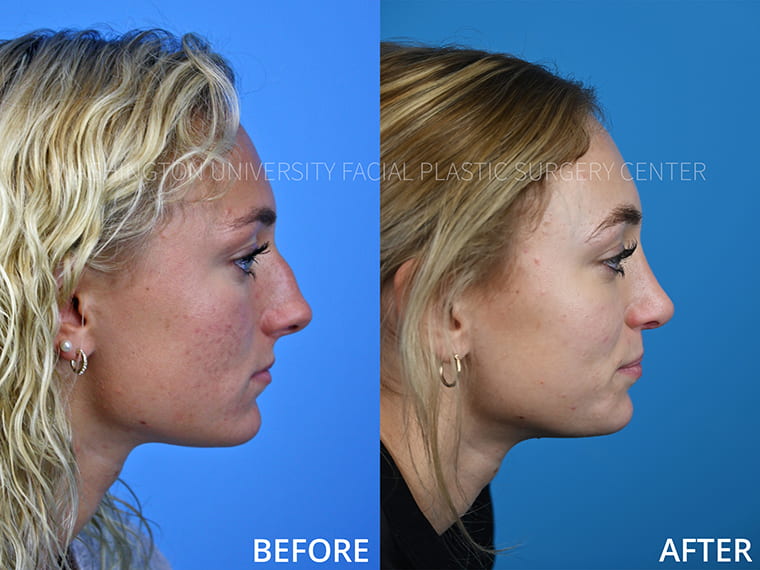Plastic Surgery Inland Empire: Relied On Specialists for Spectacular Cosmetic Outcomes
Plastic Surgery Inland Empire: Relied On Specialists for Spectacular Cosmetic Outcomes
Blog Article
Checking Out the Emotional and Social Factors That Drive People to Take Into Consideration Plastic Surgery as a way of Improvement
The decision to go after cosmetic surgical treatment often prolongs beyond mere appearances, intertwining with social and psychological dynamics that merit detailed assessment. Factors such as self-worth, prevalent social elegance criteria, and the pervasive influence of social media merge to shape specific motivations for medical improvement.
The Function of Self-worth
Self-confidence considerably influences an individual's decision to seek cosmetic surgery. Individuals with low self-confidence often perceive themselves in an unfavorable light, bring about feelings of inadequacy concerning their physical appearance. This adverse self-perception can drive them to look for surgical treatments as a technique of boosting their self-image. The wish for improvement in one's appearance is regularly linked to an idea that such modifications will certainly elevate their general self-worth and self-confidence.

Eventually, the function of self-confidence in the decision-making procedure relating to plastic surgery highlights the intricate interaction in between body image, personal contentment, and psychological health and wellness. Understanding this partnership is critical for healthcare experts to ensure that patients are making informed choices rooted in practical expectations and emotional wellness.
Social Beauty Requirements
Influenced by pervasive media portrayals and cultural stories, social charm criteria play an important duty fit individuals' assumptions of their very own bodies. These criteria are frequently characterized by an idealized form of appeal that highlights qualities such as proportion, youthfulness, and slimness. As these suitables are bolstered with various channels, including movie, advertising, and television, people frequently internalize these messages, leading to dissatisfaction with their all-natural look.
The ramifications of these societal norms extend beyond aesthetic choices; they can influence self-worth, psychological health and wellness, and interpersonal partnerships. Individuals that regard themselves as disappointing these requirements may experience feelings of inadequacy, triggering a desire for plastic surgery as a way of attaining social approval. This pursuit is usually sustained by the belief that satisfying these perfects will enhance not only physical look but also social standing and individual gratification.

Impact of Social Network
The impact of societal charm standards is more intensified by the rise of social networks systems, where curated images and idealized depictions of elegance are common. Users are frequently subjected to filteringed system and modified pictures, which typically illustrate unattainable physical qualities. This direct exposure cultivates a culture of comparison, leading individuals to analyze their very own look against these often unrealistic criteria.
Social network influencers and stars often advertise aesthetic treatments, normalizing the notion that medical improvements are a sensible ways for accomplishing social ideals (plastic surgery rancho cucamonga). The exposure of these enhancements can produce a perception that undergoing plastic surgery is a conventional practice, thus affecting people to take into consideration comparable interventions as a path to enhanced self-worth and social approval
In addition, the interactive nature of social media sites enables prompt responses with sort and comments, further enhancing the desire to adapt popular beauty criteria. Such communications can aggravate sensations of inadequacy and drive individuals toward plastic surgery as a way of acquiring validation. Inevitably, social networks plays a crucial duty fit perceptions of elegance, which dramatically affects the decision-making processes bordering plastic surgery.

Cultural Viewpoints on Look
Across various cultures, assumptions of look are deeply rooted in historical, social, and like this economic contexts, shaping people' sights on appeal and charm. In many societies, appearance acts as a considerable marker of identification, affecting social status, expert chances, and personal connections. As an example, in some cultures, light skin is usually connected with wealth and benefit, while others may glorify darker skin tones as icons of toughness and authenticity.
In addition, standard appeal criteria are typically perpetuated through cultural narratives, media depictions, and household affects, causing varying ideals across various regions (plastic surgery rancho cucamonga). In Western societies, the focus on young people and fitness typically drives individuals towards cosmetic improvement, while in specific Eastern societies, even more refined modifications lined up with traditional visual appeals might be liked
Globalization and the proliferation of digital media have actually additionally complicated these dynamics, developing a hybridization of appeal suitables that transcends geographical limits. As people progressively navigate these social stories, the pressure to comply with particular look criteria can result in the need for cosmetic surgery, mirroring a complex interaction of cultural worths and individual aspirations. Understanding these cultural perspectives is essential in resolving the motivations behind plastic surgery factors to consider.
Emotional Impacts of Aesthetic Surgery
Lots of individuals looking for cosmetic surgical treatment report experiencing extensive psychological impacts that can considerably change their self-perception and psychological well-being - plastic surgery rancho cucamonga. The desire for physical improvement usually originates from underlying concerns such as low self-confidence, body dysmorphic condition, or social pressures pertaining to charm criteria. For some, the immediate post-operative stage can result in a temporary increase in positive self-image and satisfaction with their appearance, fostering a sense of empowerment
However, these favorable feelings may not be sustaining. Study shows that while some people experience boosted self-esteem, others may deal with elevated anxiousness or clinical depression if their assumptions are not fulfilled. This inconsistency can occur from impractical perfects continued by media representation and cultural narratives surrounding appeal.
Additionally, the psychological ramifications of plastic surgery extend past the person. Relationships with family members and good friends might be strained as social characteristics shift, causing feelings of visit this website isolation or alienation. Ultimately, the mental influences of plastic surgery are complex and complex, requiring careful factor to consider by both prospective patients and medical care companies to make sure enlightened decision-making and practical expectations.
Conclusion
To conclude, the choice to seek plastic surgery is substantially affected by a combination of self-esteem concerns, societal elegance standards, and social viewpoints on appearance. The prevalent reach of social networks further worsens these stress, promoting impractical perfects that people typically strive to achieve. Recognizing these social and mental variables is essential for dealing with the motivations behind plastic surgery, highlighting the requirement for a more nuanced conversation surrounding charm and self-acceptance in contemporary society.
The choice to pursue cosmetic surgical treatment often expands beyond simple visual appeals, linking with psychological and social characteristics that merit comprehensive examination. Inevitably, social media plays a critical duty in forming assumptions of appeal, which significantly affects the decision-making procedures bordering cosmetic surgery.
As individuals progressively browse these social stories, the pressure to adapt to details appearance Our site criteria can lead to the desire for cosmetic surgery, mirroring a complex interaction of social worths and individual goals.In final thought, the choice to go after cosmetic surgical treatment is significantly affected by a mix of self-confidence problems, social elegance standards, and social point of views on look. Comprehending these mental and social variables is essential for addressing the inspirations behind cosmetic surgical procedure, highlighting the need for an extra nuanced discussion bordering appeal and self-acceptance in modern society.
Report this page